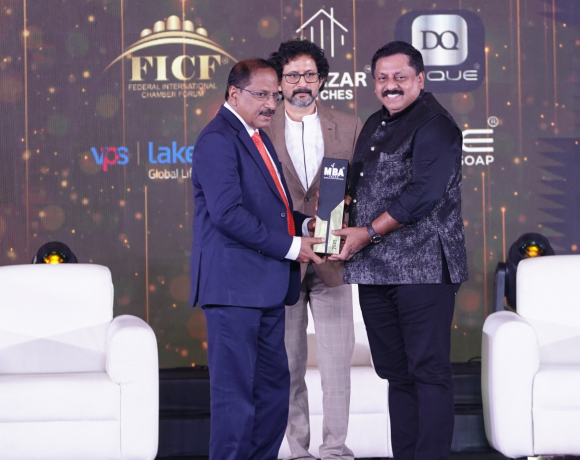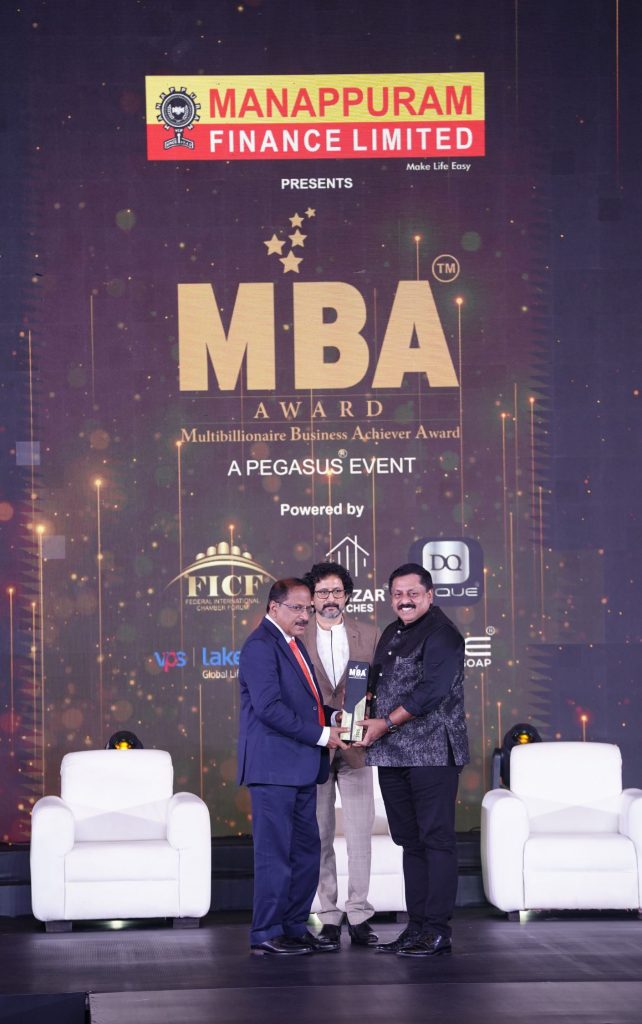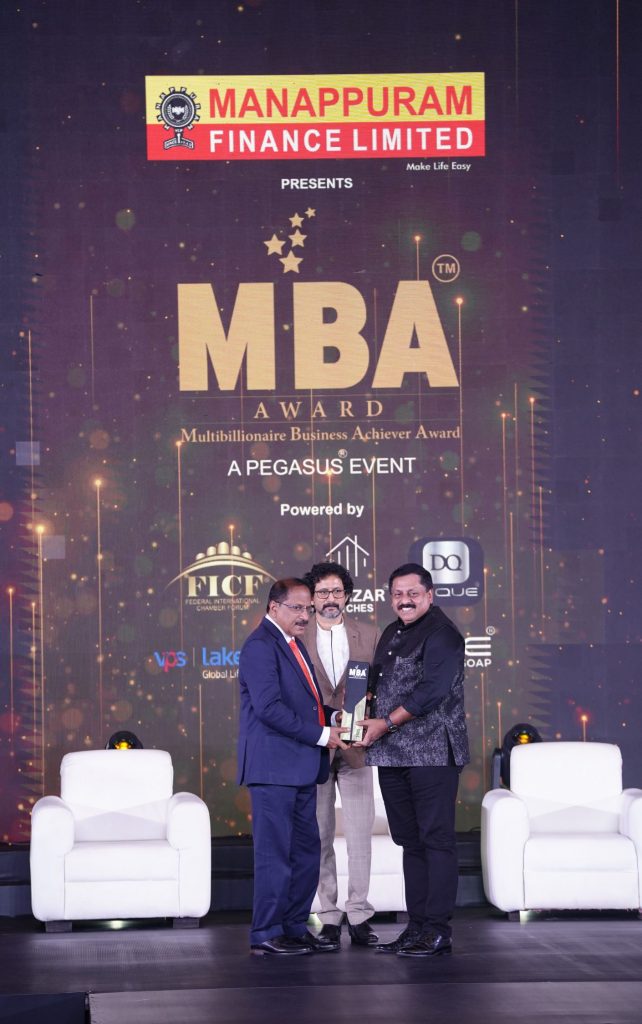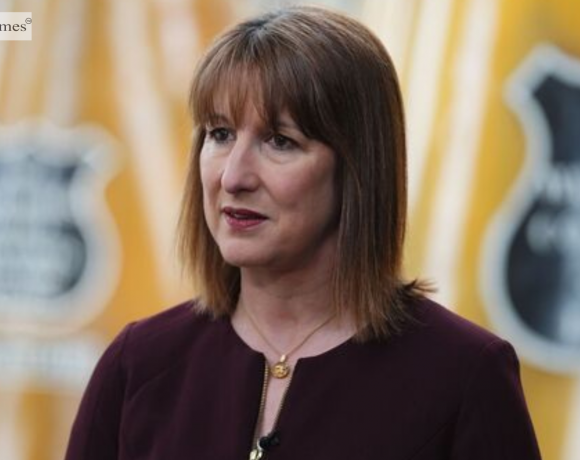
The Mrs Kerala Global 2025 title has been rightfully claimed by Dhanya Sanjeev, in a grand spectacle held at Le Meridien, Kochi on May 26th. The esteemed event, powered by Alcazar Watches and DQUE, was orchestrated by Pegasus Global Pvt Ltd, a pioneer in creating empowering platforms for women. Harsha Sunny and Devika Vijaykumar were named first and second runners-up, respectively. The title winner was crowned by Revathy Mohan (Mrs Kerala Global 2024), while Dr Ajit Ravi, Chairman of Pegasus, and Jebitha Ajit, Managing Director of Pegasus Global Pvt Ltd, crowned the first and second runners-up, respectively.
12 talented women competed in the finale, reflecting excellence and elegance. Their performances turned the event into an inspiring celebration of personality, intellect, and charisma.
Subtitle Winners
Mrs Kerala Solidarity – Tintu Bissy
Mrs Kerala Fashionista – Devika Vijaykumar
Mrs Kerala Inspiring – Harsha Sunny
Mrs Kerala Vivacious – Devika Vijaykumar
Mrs Kerala Ramp Walk – Athira Sreedharan
Mrs Kerala Congeniality – Ramya P
Mrs Kerala Talent – Dhanya Sanjeev
Mrs Kerala Humaneness – Dhanya Sanjeev
A special panel, including Revathy Mohan (Mrs Kerala Global 2024), Lakshmi Atul (Director, Operations, Aries Group), Regi Bhaskar (Fashion Photographer), and Nisha Mathew (entrepreneur, actor, and producer) judged winners. The iconic gold crowns were presented by Preeti Prakash from Parakkat Jewels, reinforcing the sense of accomplishment for the winners.
The pageant saw robust backing from influential partners. While Alcazar Watches and DQUE led as main partners, additional support came from Manappuram Finance Ltd, Unique Times, Parakkat Resorts, SAJ Group Hotels & Resorts, and Green Media. Co-partners who enhanced the event’s reach and visibility included Kalpana International Salon & Spa, Aiswaria Advertisements, Europe Times, Times New, UT World, DQUE Soap, DQUE T-shirts, DQUE Watches, Unique Times, Akshay Inco, and JD Institute of Fashion Technology.
Finalists who took the stage were Anjela Francis, Athira Sreedharan, Devika Vijaykumar, Dhanya Sanjeev, Harsha Sunny, Prineesha Thomas, Ramya P, Rikhina Akhil, Saritha S N, Sheeja Naveen, Surya Suresh, and Tintu Bissy. More than just a pageant, the event stood as a tribute to the entrepreneurial, social, and personal aspirations of women across Kerala.
Pic Courtesy: Pegasus Photography











